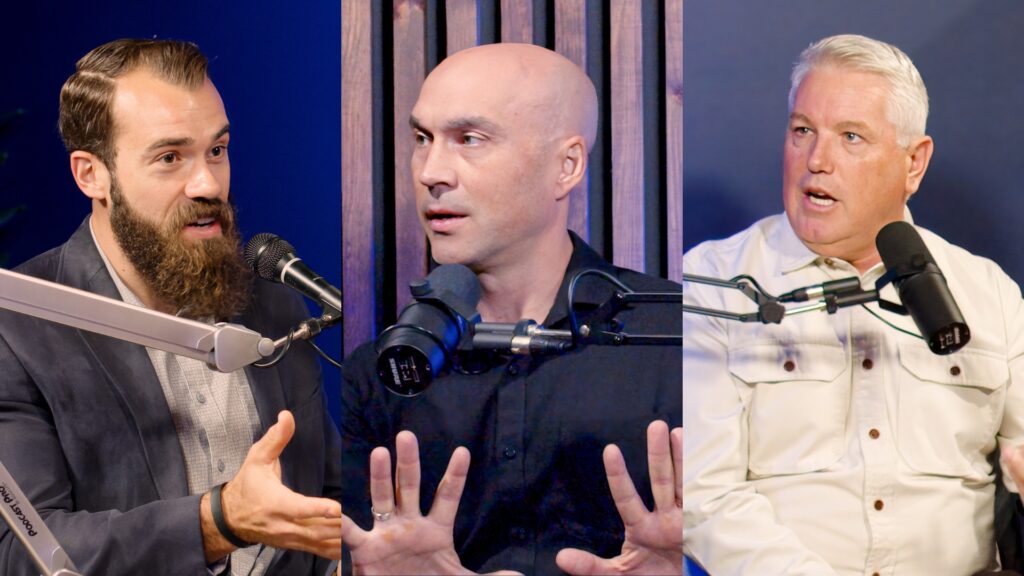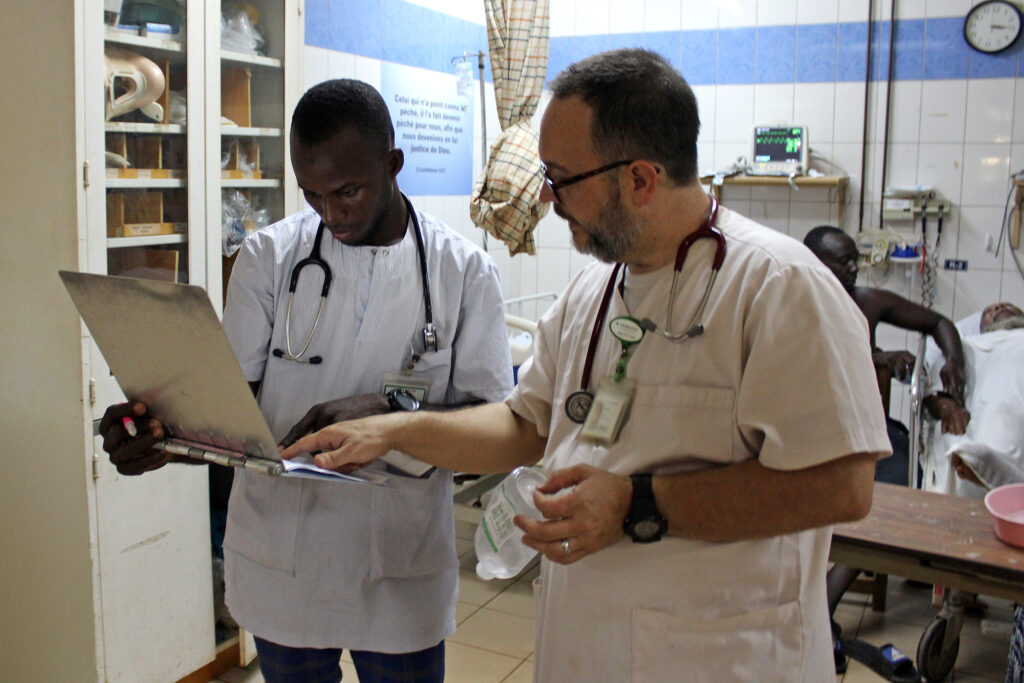The second of these is the easier question. This year, Muslims worldwide are observing Eid al-Adha (“Feast of the Sacrifice”) on July 19-20, 2021.
Regarding the first question, Eid al-Adha is the celebration of the story of Abraham nearly sacrificing his son—a story every Christian familiar with the Old Testament knows and cherishes.
Although the Islamic holiday will not affect the day-to-day lives of Christians, the festivities hold great significance for our Muslim neighbors and friends. As such, there are three things every Christian should know about the Eid—whether we’re trying to build bridges into the lives of Muslims across the world or even here at home.
1. The sacrifice is re-enacted—visibly.
Muslims today still sacrifice animals—usually rams, goats, or bulls—to commemorate Abraham’s act. The idea of sacrifice figures prominently in the celebration, even though most Muslims are only familiar with the Qur’an’s undetailed retelling of the account on Mount Moriah (or Marwah).
The Eid marks the end of Dhu al-Hijjah, the month in which Muslims perform the Hajj, or pilgrimage to Mecca. That means that caught up in all the festivities is special attention on personal piety and meritorious works.
2. The hero is often thought to be Abraham.
In the hearts of many Muslims, the story of Abraham’s nearly sacrificing his son mainly serves as an example of faith (iman) to emulate (see Surah 37:100-111).
The point to argue is not necessarily whether the son nearly sacrificed was Isaac (as Genesis records) or Ishmael (as Muslims typically believe). Rather, as Christians lovingly engaging our Muslim friends and neighbors, we must point out that the great hero of the story is really God—the one who provides the sacrificial lamb to save the boy’s life (see Genesis 22).
3. The true sacrifice is Christ.
In the Genesis narrative, Abraham prophetically names the mount, “The LORD will provide,” and we’re told “On the mount of the LORD it shall be provided” (Gen. 22:14). The account in Genesis points back to the earlier promise of a snake-crushing Savior (Gen. 3:15) and ahead to a better sacrifice.
On another mountain not far, Jesus Christ willingly gave his life as a blood sacrifice to propitiate God’s wrath against sin and save all who would believe. That is why John the Baptist (known to Muslims as Yahya) lauds Jesus as “the Lamb of God who takes away the sin of the world” (John 1:29).
The Qur’an cannot make sense of Abraham’s prediction that God would provide a superior sacrifice, because in just one verse, Surah 4:157, it argues that Jesus was never crucified—in spite of the unified testimony of Scripture and history.
Lest our Muslim friends wrongly assume that we believe the ghastly fate of crucifixion was imposed upon the righteous Prophet Jesus unjustly and against his will, we must reminded that Jesus himself said, “No one takes [my life] from me, but I lay it down of my own accord” (John 10:18a). Jesus is the better sacrifice who willingly offers himself as the propitiatory sacrifice in the place of his people.
Pray that God would open opportunities in your life this month to share with Muslims the fact that Jesus is the true sacrifice to whom Abraham’s story points. Begin the conversation by wishing them a belated “Eid Mubarak” (blessed Eid)!





